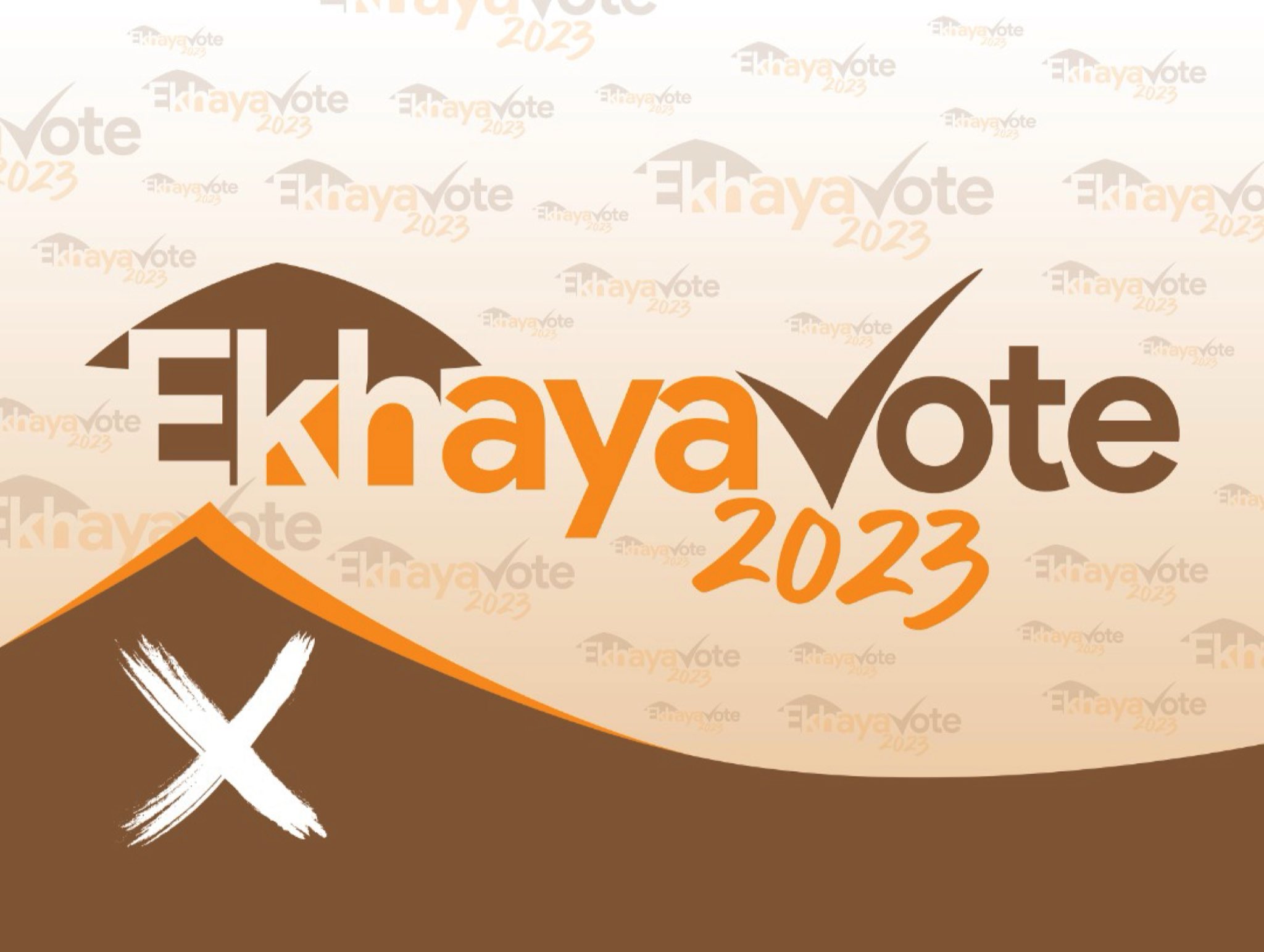Civil Society Organisations under the Ekhaya Vote 2023 movement say there is a need for the Zimbabwe Electoral Commission (ZEC) to have an open data policy to instil confidence among voters.
Speaking during an online meeting on the untimely closure of the voters’ roll organised by the Women’s Institute for Leadership Development (WILD) on Thursday, the activists said transparency will ensure that voters participate in the polls.
Zimbabwe will hold by-elections on March 26 to fill 133 vacant seats in both the National Assembly and local government.
ZEC was recently accused of possible voter suppression after releasing shocking statistics indicating it registered just 2 972 new voters in the whole of 2021.
“ZEC has a key role to play in building that confidence and trust because at the end of the day if people don’t trust ZEC processes then it discourages citizens to participate in those processes,” said Zimbabwe Election Support Network (ZESN) programs coordinator Ellen Dingane.
“We have already started seeing some indications of violence and we are likely also to see violence increasing towards the election and towards the 2023 harmonized elections which is a worry.”
Ekhaya Vote 2023 chairman Dr Rodrick Fayayo said some institutions are not independent enough to give ordinary Zimbabweans confidence, “ that whatever we say and whatever we do they will take it as it is.”
Dr Fayayo added: “They are not confident that the policies that they want to vote for in the ballot box are the policies that are going to come out in terms of the results, they are not confident that there is going to be any legitimacy in these elections.”
Dr Fayayo said there are also perceptions that the electoral management body is controlled by the government.
“Our perceptions as Zimbabweans is that these Institutions are controlled from somewhere and because they are controlled from somewhere we begin to think that no matter what we do, we are not going to get any help,” he said.
“There is a perception that ZEC is trying to close the space and ensure that few people as possible register to vote. There is a perception that ZEC is engaging in voter suppression acts, that is the current environment where very few Zimbabweans are registered.”
Dr Fayayo added that these perceptions are not good perceptions for the electoral eco-system.
“They are not good perceptions for the running of our elections, they do not give the people the confidence that they are going to be responsible for making their government,” he said.
In addition, Dingane said there is a need for ZEC to have an open data policy.
“As civil society and stakeholders we require to have statistics from ZEC at constant intervals so whether its registration people should have access to data at provincial, constituency level and ward level so that as a civic society we also know where to target our efforts and what interventions to take in terms of encouraging citizens to go and participate in elections,” she said.

